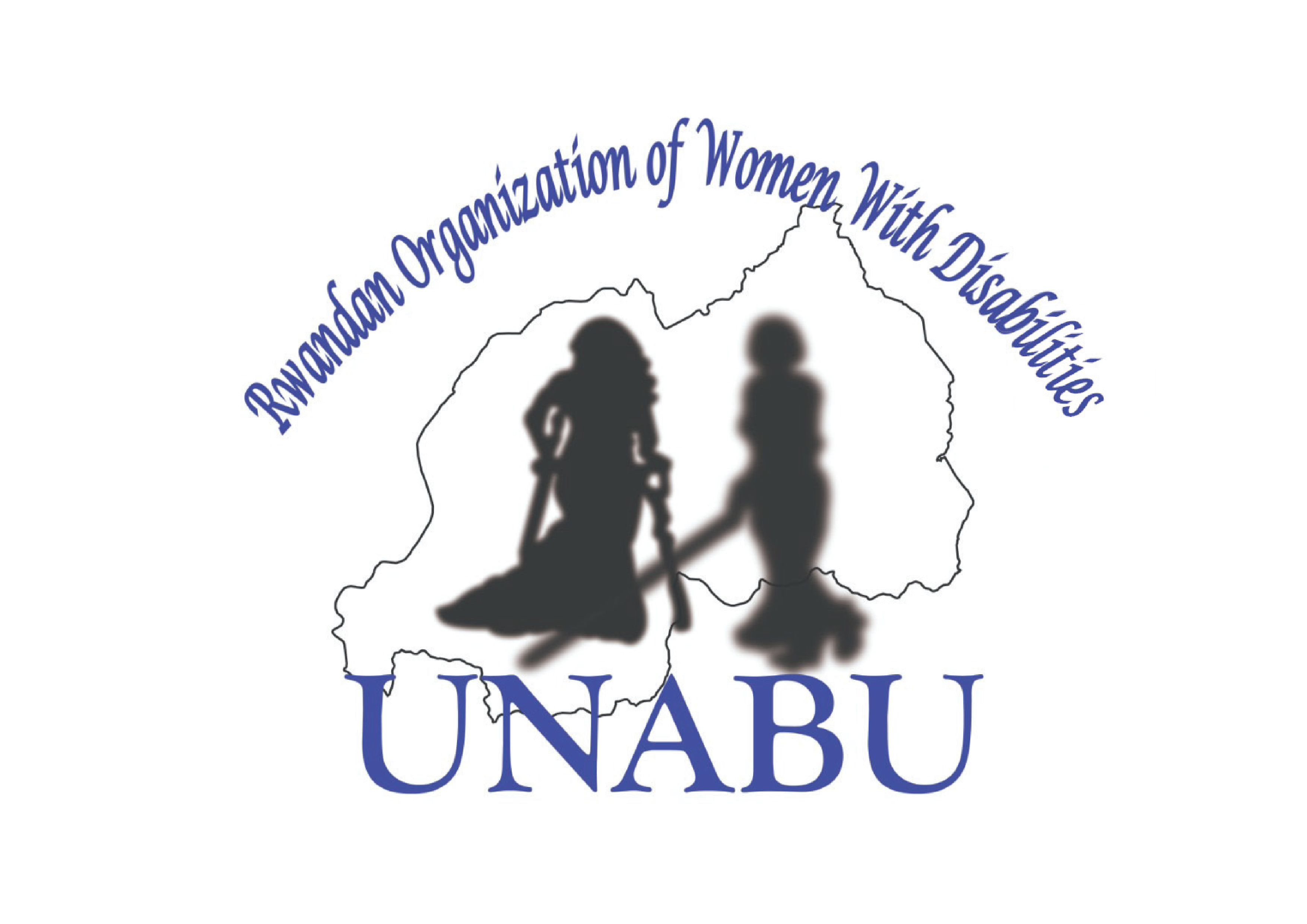In Gakenke District, a transformative three-day training session took place, aimed at enhancing the skills of 23 Community Health Worker (CHW) Supervisors and 3 hospital supervisors. The training focused on disability inclusion concepts, principles, and strategies, all with the goal of breaking down misconceptions and biases about the needs and capabilities of people with disabilities.
The training was organized as part of the broader Bandebereho Program initiated by RWAMREC, which seeks to support couples – Including those with persons with
disabilities—by fostering positive masculinity and inclusive, supportive environment. The program’s overarching objective was to raise the awareness of health professionals, enabling them to welcome and support people with disabilities in a more effective and compassionateway.
The Executive Director of UNABU Rwanda encouraged the supervisors to be attentive and follow the training, emphasizing that the knowledge and skills gained would be essential throughout their careers. She told them that society needs them to drive change, particularly in the fight against GBV, especially against women and girls with disabilities, and to promote justice. She reminded them that they are the pillars of change.
Understanding Disability Inclusion: A New Perspective
The first day of the training focused on introducing the guiding principles when working with persons with disabilities. The facilitators shared essential strategies for engaging with individuals with disabilities, emphasizing respect, empathy, and understanding. Supervisors were encouraged to reflect on their own attitudes and biases, allowing them to better address the challenges people with disabilities face within healthcare settings.
One of the key topics discussed was the concept of inclusion itself. The training emphasized that inclusion isn’t just about physical accessibility but also about attitudinal change. It was stressed that healthcare providers must go beyond providing basic services—they must ensure that individuals with disabilities feel respected, valued, and empowered to actively participate in health programs like Bandebereho.
Breaking Barriers and Changing Mindsets
Throughout the second day, there was a deep dive into the disability inclusion board and its vital role within the Bandebereho Program. This board helps ensure that the needs of people with disabilities are effectively addressed, ensuring they aren’t excluded from receiving the support they deserve.
Additionally, the group reflected on gender considerations and how gender-based violence (GBV) impacts people with disabilities. Many participants admitted they hadn’t fully realized the intersectionality between disability, gender, and violence, and discussions about these issues led to an increased awareness of the unique challenges faced by disabled women. The conversation also included the rights of people with disabilities, particularly their right to live free from violence and discrimination.
The Vice Mayor for Social Affairs of Gakenke District, Uwamhoro Marie Therese, advised the supervisors to actively engage in the fight against GBV by supporting the community health workers who work directly with the community. She urged them to promote gender equality, equity, and positive masculinity. She emphasized that when it comes to GBV, there is zero tolerance, and they must report such incidents, ensuring that victims receive both justice and healthcare.
Shifting Attitudes and Moving Forward
By the final day, the group was ready to put theory into practice. Supervisors discussed real-life scenarios, applying the knowledge they’d gained to their work. They collaborated on strategies for addressing common barriers people with disabilities face when accessing healthcare and devised action plans to ensure that the Bandebereho spaces were more welcoming and accessible.
For many participants, the training proved to be a turning point in their professional development. They left not only with a deeper understanding of disability inclusion but also with a renewed commitment to creating inclusive, equitable healthcare environments for all individuals.
A Lasting Impact
The training in Gakenke District served as an important milestone in advancing disability inclusion within the Bandebereho Program. With greater awareness, sensitivity, and understanding, these 23 CHW Supervisors and 3 hospital supervisors are now better equipped to support couples, including those with disabilities, in accessing essential healthcare services. As a result, the program stands poised to become a model for how healthcare systems can inclusively
serve every member of the community, regardless of ability.
As they move forward, the hope is that the ripples of this training will extend far beyond Gakenke District, inspiring other healthcare workers to create more inclusive spaces, fostering dignity, respect, and equality for all people—especially those with disabilities.














